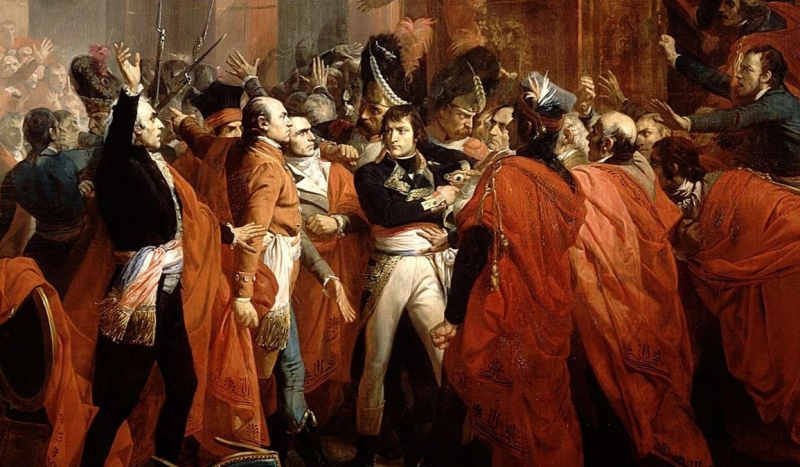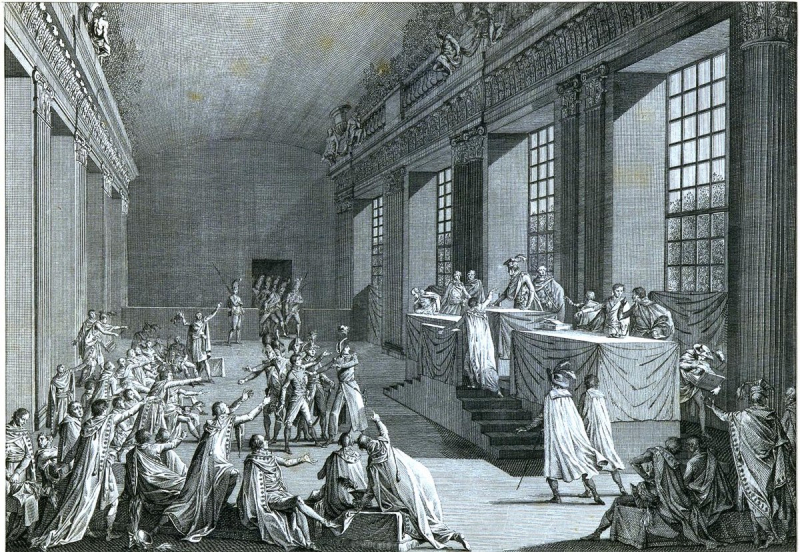The Coup Of 18th Brumaire Ended The Revolution
Externally, other European kingdoms saw Revolutionary France as a threat, and they viewed it with both fear and fury. The French Revolutionary Wars, a series of military confrontations that lasted from 1792 to 1802, emerged as a result of this. They put France's Republic against the United Kingdom, Austria, and a number of other monarchs. Despite a series of setbacks, France, under Napoleon Bonaparte's leadership, was able to capture a wide range of regions by 1802. The success of the French Revolutionary Wars allowed revolutionary concepts to spread throughout much of Europe. Internally, the Directory has had executive power since 1795. It became mired in corruption, political strife, and financial difficulties.
The Coup of 18–19 Brumaire (November 9–10, 1799) destroyed the Directory's form of governance in France and replaced it with the Consulate, paving the way for Napoleon Bonaparte's autocracy. The incident is frequently regarded as the end of the French Revolution.
On November 9, 1799, in Paris, the legislative Council of Ancients, led by Sieyès, voted to have both the Ancients and the lower house, the Council of Five Hundred, meet the next day in the palace at Saint-Cloud, ostensibly to protect the councils from a purported "Jacobin plot" in Paris, but in reality to put the councils in a convenient location away from the city and under the threat of Bonaparte's troops.
Bonaparte blundered through a speech before the Ancients the next day, 19 Brumaire, and was afterwards confronted with a storm of insults in the meeting site of the Five Hundred, whose members, hearing whispers and seeing troops all around, began to perceive the true conspiracy that was building. Bonaparte fled the hall, but Sieyès, Lucien Bonaparte, and Joachim Murat rallied the troops, dissolving the Five Hundred, and forcing the Ancients to decree the end of the Directory (and itself) and the establishment of a new consular government led by First Consul Bonaparte and assisted by consuls Sieyès and Roger Duclos.












